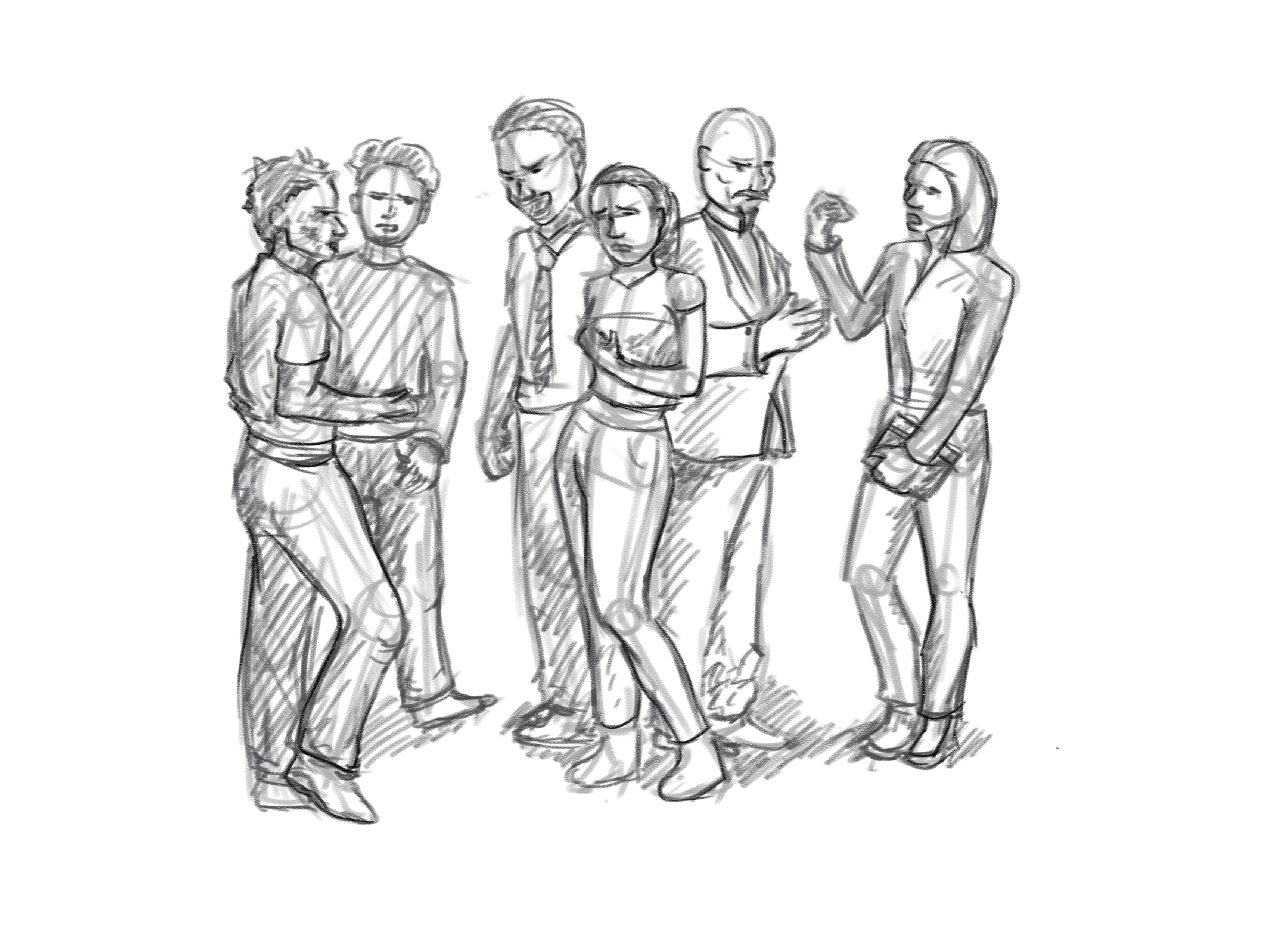On December 1, a bill called the “Anti-Semitism Awareness Act of 2016” quietly and unanimously passed the Senate without amendment, and is now waiting to be considered by the House of Representatives. The bill allows for schools to be investigated by the Department of Education (under the Title VI Civil Rights Act) with a broader definition of anti-Semitism.
The bill essentially conflates anti-Semitism with criticism of the state of Israel and with uplifting Palestinian rights. The bill describes discriminatory anti-Semitism to include conduct that “is couched as anti-Israel or anti-Zionist.” It also refers to a fact sheet on anti-Semitism that includes in its definition “blaming Israel for all inter-religious or political tensions” and “multilateral organizations focusing on Israel only for peace or human rights investigations.” Even the author of the fact sheet has called the purpose of its incorporation as “unconstitutional and unwise.”
As an Israeli Jew who is active in the School of the Art Institute’s (SAIC’s) Students for Justice in Palestine and Chicago’s Jewish Voice for Peace chapter, I find this bill alarming on a few levels. This bill absurdly categorizes me, an Israeli Jew, as an anti-Semite for criticizing Israel’s policies that oppress Palestinian people. This bill warps the definition of anti-Semitism, distracting from actual cases of anti-Semitism.
The bill ignores, for instance, neo-Nazis calling for armed white supremacists to march against Jews in Whitefish, Montana, or Trump’s appointment of white supremacists to high positions of power. As a Jewish student, whom this bill is allegedly attempting to protect, I am worried about swastikas being graffitied on campuses across the nation and not about the exercising of free speech for the sake of human rights. In the end, this definition of anti-Semitism is akin to calling all criticism of the United States anti-Christian. It just fundamentally doesn’t make sense.
This bill also isolates and targets my colleagues’ and my own activity and right to free speech on campus. My activity with Students for Justice in Palestine is based on human rights facts that extend beyond religion and politics. The human rights violations that Palestinians face are countless, including but not limited to the killing of unarmed protesters, imprisonment and torture of children, being cut off from medical care, being cut off from water, home demolitions, restrictions on travel, being subjected to humiliation and arbitrary delays at checkpoints, restriction of humanitarian organizations to enter Palestinian territories and many more.
One human rights issue that has garnered a lot of attention recently is the demolition of Palestinian homes for the creation of settlements. On December 23, 2016, the UN Security Council adopted a resolution that the establishment of Israeli settlements in Palestinian territory occupied since 1967 have “no legal validity” and constitute a “flagrant violation” under international law.
This comes in the wake of Israel’s plans to create 5,600 more units in annexed east Jerusalem, which Israel plans to advance with despite the landmark UN resolution. And despite Israel’s “flagrant violation” under international law the US doles out the most of its foreign aid to Israel, $38 billion in military aid over the next decade. This is why Students for Justice in Palestine amongst many other organizations and individuals call for the Boycott, Divestment and Sanctions (BDS) of Israel — the same model used to pressure apartheid South Africa — not out of anti-Semitism, but because of the belief in human rights and equality for all peoples.
My colleagues and I speaking out against these injustices is not anti-Semitic. The condemnation of the critique of Israel’s policies as anti-Semitic is not only an incorrect definition of anti-Semitism, but is a violation of our first amendment rights on campuses. It is important now more than ever not to let this bill slide through the House of Representatives.
When professors’ employment offers are being rescinded for Twitter commentary about Israel, as Steven Salaita endured with the University of Illinois, or when popular courses on the Palestinian-Israeli conflict are cut back or just plain cut from schools such as Columbia College or even our very own SAIC, it is imperative to stand up for our freedom of speech that this country holds so dear. To stand up for our right to fight for human rights and not be targeted for doing so, you can contact your House Representative based on the district your registered address is in. To find out who your Representative is you can go to http://www.house.gov/representatives/find/ and simply enter your zip code.







